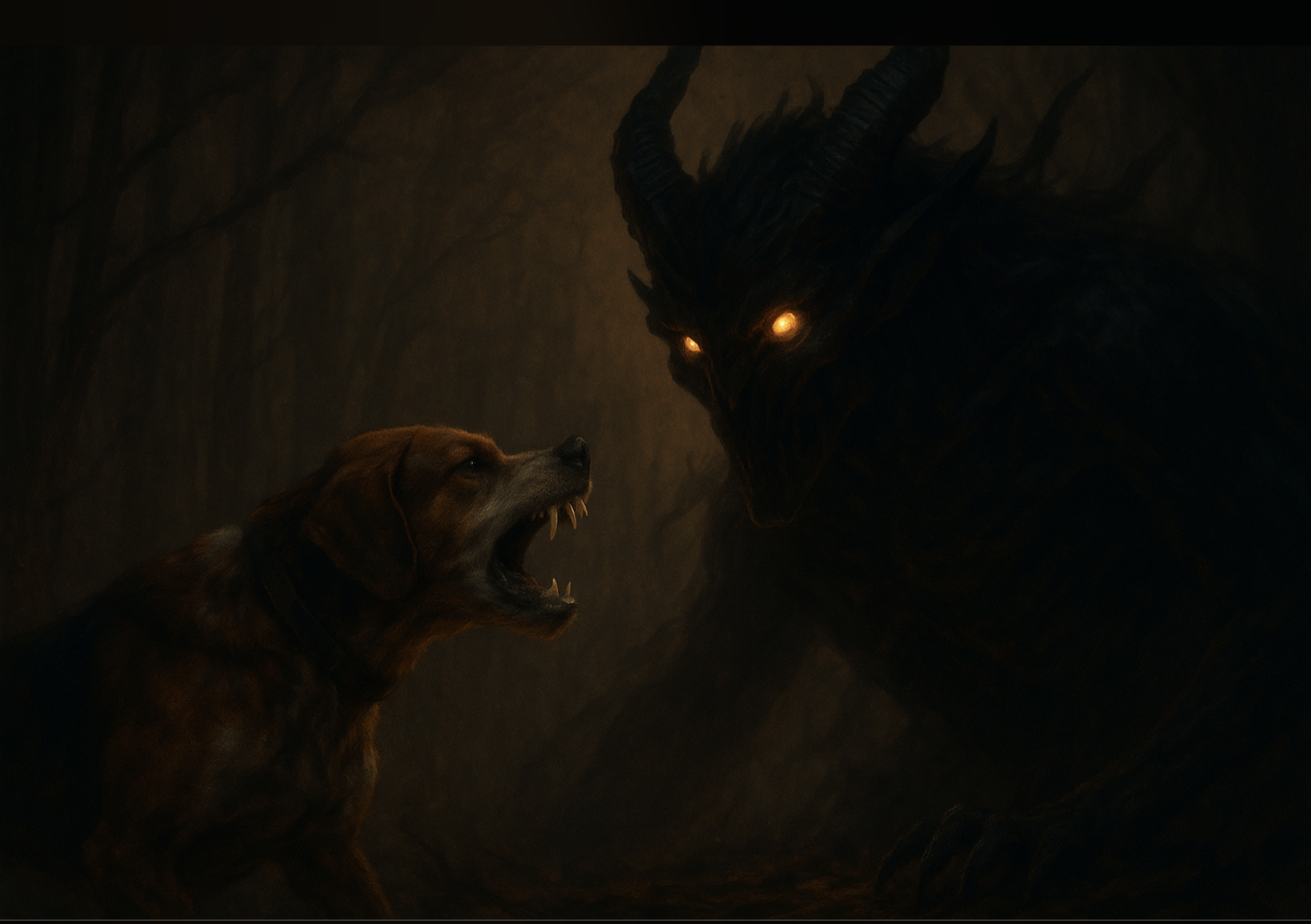Leaving him with bleeding claw marks and…
Conservative commentator Tucker Carlson says he was the victim of what he describes as a “demonic attack,” an incident he claims left him with bleeding claw marks and struggling to breathe. The account, shared publicly for the first time during a Megyn Kelly Live Tour event in New York, has prompted concerns about his mental health and overall fitness for leadership.
Carlson’s Account
Carlson said the episode occurred about 18 months ago, around 2:30 a.m., while he and his wife were asleep with their four hunting dogs. He said he woke up unable to breathe and felt as though he was “graying out.” Moments later, he experienced sharp pain under his arms and along his ribs, “as if ripped with a knife.”
When he turned on the light, Carlson said, he saw bleeding claw marks on both sides of his chest. His wife awoke and, according to Carlson, immediately concluded that “something attacked you.” None of the dogs stirred during the incident, a detail he said made it even more unsettling.
Aftermath and Reflection
Carlson described feeling an overwhelming urge to read the Bible before falling asleep for a few minutes and waking to believe it had been a dream — until he discovered blood on the bedsheets and noticed the same marks again.
He told Kelly that an assistant later suggested the incident was a form of “spiritual warfare,” echoing his wife’s interpretation. Carlson said he does not expect skeptics to believe him but remains convinced that “something real” took place.
“I can’t explain it, but it was not a dream,” he told Megyn Kelly. “It was something that happened in the physical world.”
Reaction and Ridicule
Critics, including Project 2025 contributor and The Origins of Woke author Richard Hanania, questioned Carlson’s mental state and credibility. “This is not the kind of thing a stable person says publicly,” Hanania wrote on X.
Observers suggested the incident described by Carlson is consistent with a “nocturnal panic attack,” a phenomenon that occurs during deep sleep and can cause sudden awakenings marked by intense fear and physical distress. Unlike nightmares, these episodes are not typically tied to a specific dream or outside stimulus.
Medical experts note that while panic attacks do not usually cause self-harm, people may inadvertently injure themselves if they move violently or attempt to “escape” a perceived threat while half-awake and disoriented.
Other scientific explanations for self-inflicted marks during sleep include severe anxiety, night terrors, and REM behavior disorder — in which people act out dreams — and coexisting mental health conditions such as obsessive-compulsive or trauma-related disorders.
Other conservative critics were equally bemused, relying on the principle of Ockham’s Razor — the idea that the simplest explanation is usually correct.
Supporters, many of them evangelical Christians, framed Carlson’s experience as evidence of the spiritual conflict they believe lies at the heart of America’s cultural and political divide. They praised his willingness to speak openly about faith, calling it a sign of moral courage.
Implications for Carlson’s Role
Even after the controversy surrounding his friendly interview with white nationalist Nick Fuentes, Carlson remains one of the most influential figures in digital media, commanding a broad following across multiple platforms. However, critics argue that promoting claims of a demonic attack risks alienating mainstream voters and undermining the credibility of both the conservative movement and conservative journalism.
Carlson also claimed in an interview during the final day before the 2024 election that demonic forces created nuclear technology, linking the dropping of the atomic bomb that forced Japan’s unconditional surrender to the rise of secularism.
Carlson did not address how the bombings of Hiroshima and Nagasaki — combined with Russia’s declaration of war and invasion of Manchuria — eliminated the need for a costly invasion of Japan’s home islands (Operations Olympic and Coronet) or a prolonged blockade, actions that historians widely agree would have caused millions of additional deaths.
He also did not mention that in the early 1900s, church membership and attendance were relatively modest. In 1890, the census found that 33% of Americans identified as belonging to a church.
After World War II, however, the United States experienced a remarkable religious revival. Church membership grew from ~43% attended church before the war to “more than 55%” by 1950, rising to 69% by the end of the 1950s. Gallup polls from the era show about 45% of adults reported attending church or synagogue weekly, a sharp increase from earlier decades.
The revival spanned denominations: Protestant, Catholic, and Jewish congregations all saw dramatic growth. Many Americans tied this renewed faith to national identity — a Cold War-era contrast with “godless communism.”
Despite the backlash, Tucker Carlson’s fans aren’t backing down. They say his openness about faith isn’t weakness — it’s courage.
To them, his honesty reflects humility and conviction — the very traits America needs in an age that has grown increasingly secular in recent decades.
What’s Next
Carlson has not provided photos or medical documentation of the alleged injuries, and there is no verifiable evidence to support his account.
Whether the story ultimately strengthens or weakens his influence may depend less on the broader electorate than on how conservative audiences interpret it — as a test of faith or a question of credibility.






